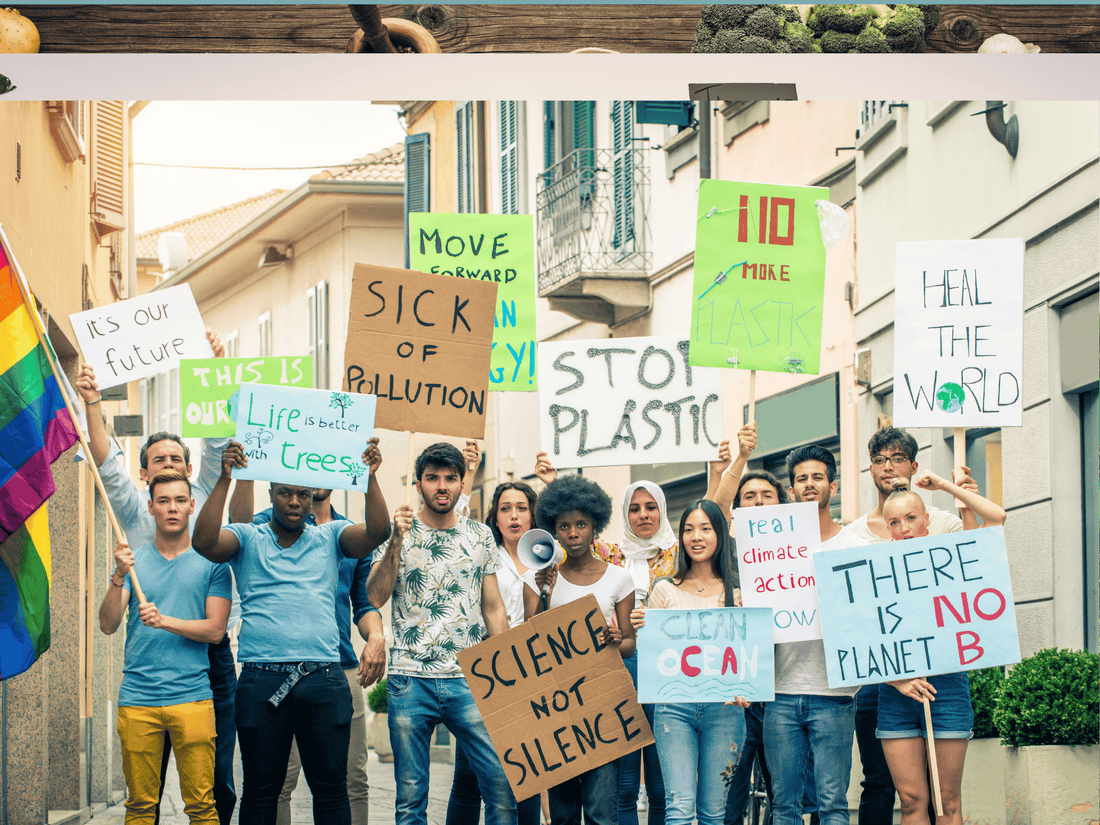Do you talk to your kids about climate change and environmental sustainability?
With climate anxiety rising among kids and teens, these conversations can be difficult to navigate. We want to inform our kids without creating fear and anxiety.
Today, we're talking with Brittany Jefferson, an educational expert on climate justice. Brittany shares insightful strategies on starting conversations about climate impact, navigating this complex topic, and building action-oriented climate literacy.
Whether you're a parent or teacher, just starting out or having these conversations regularly, Brittany offers valuable insights!
Brittany Jefferson (she/they) is a Black-Native American climate justice educator, parent, and environmentalist. Brittany is passionate about climate literacy and developing these skills in fellow teachers and students. Brittany was one of our kit leaders for our STEM & Social Justice kit.
Why is it important to be talking to kids about climate change and environmental sustainability?
There are many reasons why it is important to talk to kids about how humans impact Earth's climate and our relationship with nature. First, it impacts all of us, here and now. Students are most engaged when learning about topics that apply directly the world outside of school. Outdoor education positively impacts social relationships and resilience. Climate Literacy that is action oriented and justice focused can help students navigate this complicated reality and deepen their connection with nature.
How can parents and teachers begin this conversation if their kids have no prior experience with learning about climate justice?
Begin with asking your child or students about what they already know about certain climate related topics: climate changes, sea level rise, global warming, sustainability, biodiversity, etc. See what they already know (or think they know) about it. Ask them for questions they may have about the topic. Research them together. There are also a ton of various types of kids books that talk about the reality of the climate emergency in a kid friendly way, while telling a captivating story. Picture books, chapter books, fiction, non-fiction - its all out there, check them out at your library, and read together.
What are some important points for adults to keep in mind when teaching kids about climate change and environmental sustainability?
Many parents are concerned about this topic being too scary for kids. It is! It's scary for adults to think about, too. You don't have to include the scary stuff when kids are young. Start with maintaining a strong and positive relationship with nature and prioritizing conservation. Secondly, when thinking about how to take action or what you as a family can do, try and contribute to systems that already exist, rather than focusing on individual lifestyle changes. Those practices and changes are great, but difficult and time consuming. Join a community of others that contribute to implementing solutions on a broader scale.
Is there anything else that caregivers and educators should keep in mind?
Climate change, and by proxy climate literacy, have become very political. As a result, there is a lot of misinformation out there regarding the most just solutions, and the true harms of extreme weather due to human caused climate change. There is no time to debate this, we need swift and dynamic action. Add your voice for Earth and the climate in the best way that works within the context of your life. If you are an event planner, how can you make your events more sustainable? Does your family like to garden? Research native plants for your area and plant them in your yard. The possibilities are endless as long as you stay informed and incorporate multiple cultural perspectives in your learning.
Where can we learn more from you?
For free resources to build climate justice literacy for people of all ages, visit patreon.com/theejeducator and @climatejusticeteachermom on Instagram.
Ready to start these conversations today? Grab our free 4-day lesson plan to teach kids about climate change.
